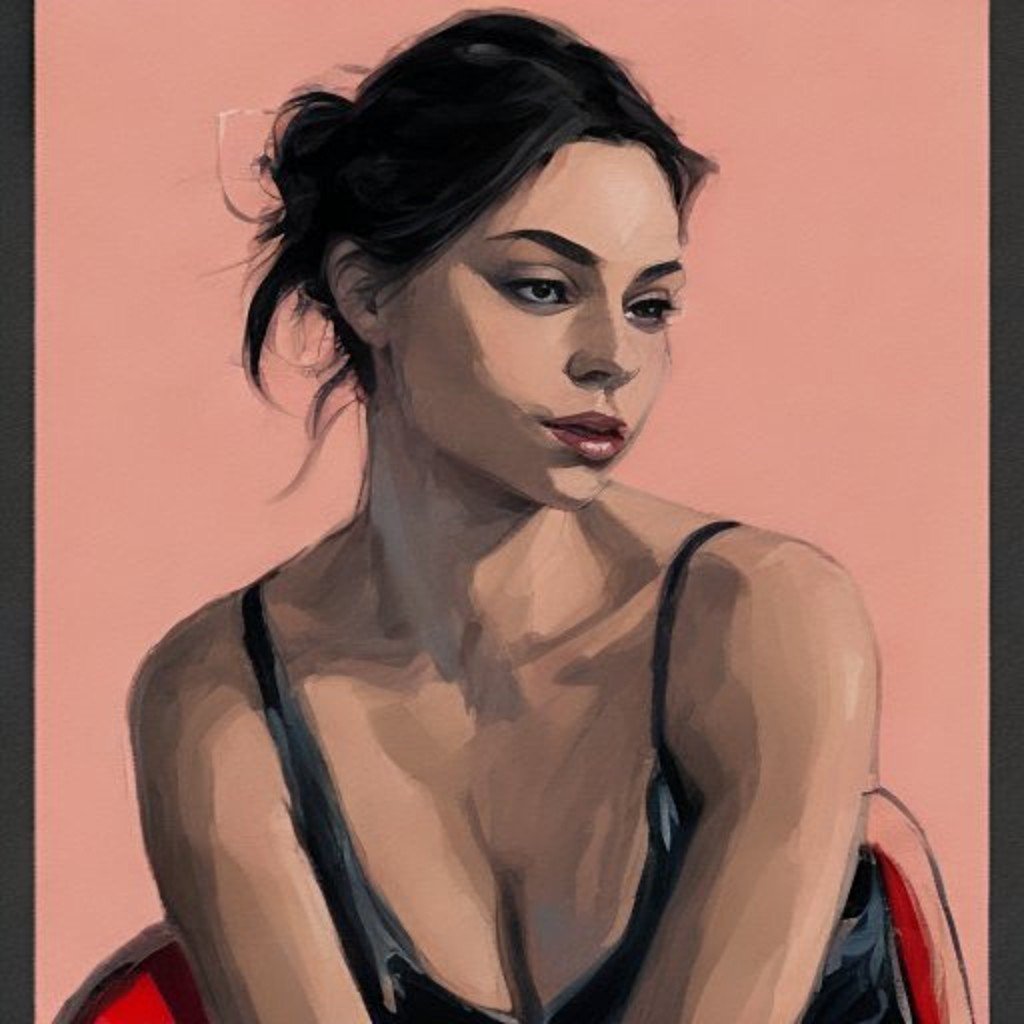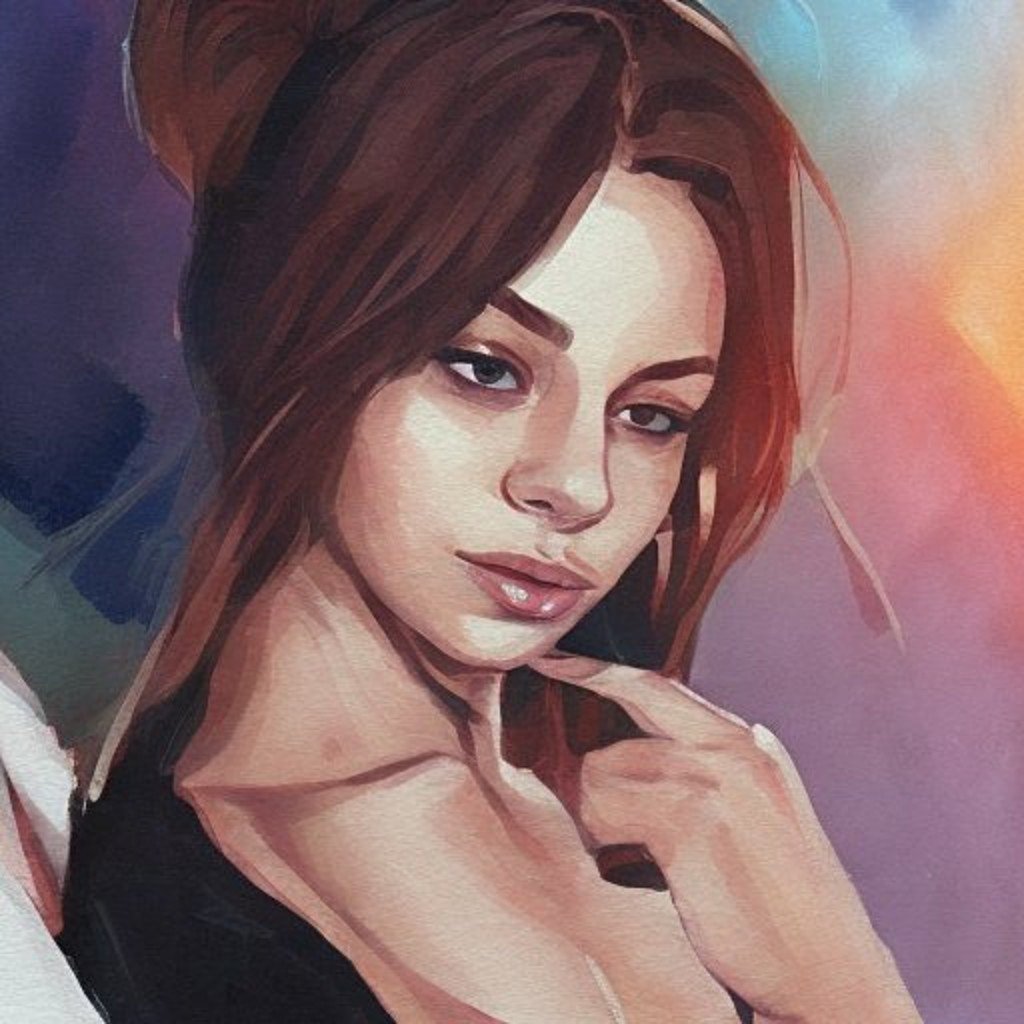Lensa AI: Trend or Trap?
Lensa was just another “all-in-one image editing app,” but within the past week, its popularity has surged online as people try its most unique feature, Magic Avatars. Users upload 10-20 selfies and pay a $39.99 one-year subscription fee (or $7.99/pack) for 50+ unique avatar images resonating with the personality in their photos. Avatars could be artistic recreations, anime transformations, depictions of your ideal career, or something completely out of fantasy land.
Lensa has been a “had to jump on trend” and no one’s “mad about it,” but there are some individuals who feel that artificial intelligence like Lensa has some negative implications on current societal beliefs and practices.
In response to the Lensa trend, some users have posted their worries about data privacy. Lensa’s Privacy Policy states that their parent company, Prisma, “does not use photos your Face Data….for any reason other than to apply different stylized filters or effects to them.” However, Prisma’s Terms of Use state that the app grants them a “perpetual, revocable, nonexclusive, royalty-free, worldwide, fully-paid, transferable, sub-licensable license to use, reproduce, modify, adapt, translate, create derivative works” with your photos – whatever that really means.
In an earlier interview, Prisma Labs told Tech Crunch that users’ photos are “immediately deleted” after they are used to train Lensa’s AI. AI training is teaching artificial intelligence applications how to “properly interpret data and learn from it in order to perform a task with accuracy.” Theoretically, the more high-quality, annotated data an AI computes, the smarter it becomes, acting in its intended way, but that doesn’t make it foolproof.
AI training for digital art is harmless compared to AI training for military machinery, yet some creatives believe this type of AI will threaten their livelihood if it isn’t already.
Some artists have taken to the internet to voice their upset about Lensa and its inability to respect copyright and independent art. One Instagram user points out:
Brian Serwey (@bserway) further suggests that Lensa and similar apps are taking business away from real artists who cannot produce and sell such an abundance of art at such a low cost. Serway asks how this will transform current culture and future industries – a question we always ask when AI enters a new aspect of life.
As a creative myself, I often wonder how much of my artistic process will be affected or eliminated by advancing technology. Even recent updates to Adobe’s Photoshop program have made it easier to remove a subject using Content-Aware – the program’s ability to select and blend the best replacement pixels through AI technology.
Even basic AI offers convenient and cost-effective ways to deliver a product, whether you are a human artist or a tech-driven app. Yet what AI carries in efficiency lacks creativity, ultimately relying on human input.
I tried Lensa myself, and honestly, I was unimpressed. After sifting through over 100 artistic renditions of myself, I deleted more than half based on their lack of resemblance and errors in the AI (i.e. one too many hands, random fingers, backwards head, etc.). Despite following the instructions, perhaps my photos just weren’t good enough for the AI to work properly.
One final discussion with Lensa is its over-sexualization of selfies. While I only uploaded clothed photos of myself from the neck up, many AI-generated photos depicted me with bare shoulders and giant breasts. While over-sexualization is a common theme in the art types Lensa is drawing from, I feel a bit awkward having AI recreate my womanhood, with or without a reference point.
If you haven’t tried this trend yet, save your money. While some people are getting really cool avatars, I was underwhelmed by my selection and would have rather seen what a real artist could do with my selfies and $7.99 + tax (probably not much since art supplies aren’t cheap and time is a commodity).
Trend or trap? Trap for me, but I still got caught in the fun.


















